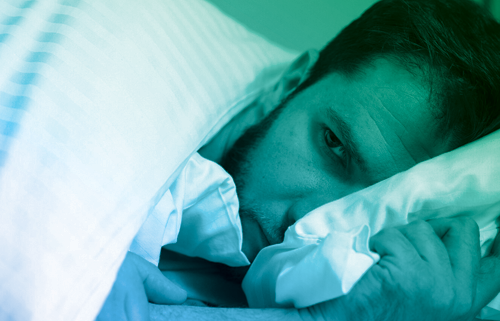Testosterone, a hormone present in all humans and other animals, is primarily associated with libido and plays a crucial role in sperm production. Additionally, it influences bone and muscle mass, mood, mental clarity, the distribution of body fat in men, and even red blood cell production.
The production of testosterone undergoes a significant increase during puberty but starts to decline after the age of 30, a phase often referred to as Male Menopause or Andropause.
Historically, this natural process was widely accepted as normal and somewhat of a taboo subject, while the hormonal changes in women during Menopause were openly acknowledged and addressed. Alphagenix aims to challenge this perspective, advocating for open discussions about Andropause similar to the dialogue surrounding men’s mental health.
Problems may occur as testosterone levels drop below or around the lower limit of the hormonal range. These can include symptoms such as:
Less frequently addressed, insufficient levels of testosterone can often result in symptoms resembling depression, as the chemical balances within the brain are adversely affected.
Insomnia may ensue due to concerns about symptoms related to low testosterone.
Much like symptoms associated with depression, insufficient levels of testosterone can also contribute to a lack of motivation.
Testosterone plays a crucial role in sustaining energy levels; consequently, lower testosterone levels are commonly linked with reduced energy levels and fatigue.
This is among the most prevalent symptoms associated with decreased testosterone levels, as testosterone is the hormone responsible for regulating your sex drive.
Self-confidence is often linked to normal or higher levels of testosterone in the body.
Physical fitness is an area that can be significantly impacted by low testosterone. Struggling to lose weight? Consider checking your testosterone levels.
From supplementation and lifestyle adjustments to TRT (Testosterone Replacement Therapy), Alphagenix is here to assist you in making well-informed decisions.
Another frequently reported symptom of low testosterone is a decrease in muscle mass and overall weakness.
Why do Testosterone Levels fall?
While testosterone plays a crucial role in the body, declining hormone levels are not inherently problematic. In fact, it is common for men around the age of 30 to experience some reduction, often influenced by poor lifestyle choices such as diet or mental health issues like stress, depression, or anxiety.
Another potential cause is hypogonadism, where the testes produce few or no hormones.
Regardless of the underlying reason, unchecked low testosterone levels can lead to weakened bones, potentially resulting in osteoporosis. Moreover, a concerning association has been noted in an article published in the Journal of Clinical Endocrinology and Metabolism, linking low testosterone to an increased risk of mortality.
Book An Appointment
A straightforward blood test, conducted either at home or at one of our numerous affiliated clinics nationwide, can assess your testosterone levels. Feel free to reach out to book yours today.











